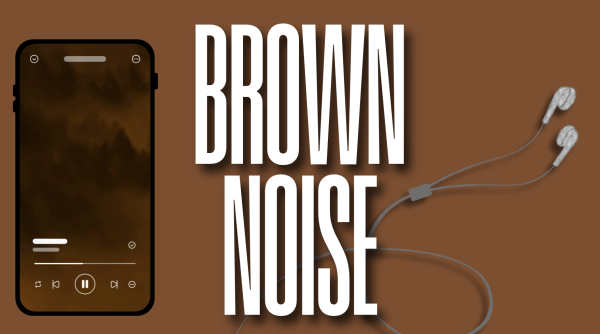Limp Bizkit are Rollin’ Strong on First New Album in 10 Years

Limp Bizkit released a new album, “STILL SUCKS,” for the first time in 10 years. (Courtesy of Instagram)
Since the band’s breakout inception in 1997, Limp Bizkit rolled through the nu metal scene, establishing themselves as an angry rap/rock force to be reckoned with. The band behind the smash-hit “Break Stuff” broke quite a few records when it dropped its magnum opus “Chocolate Starfish and the Hot Dog Flavored Water” in 2000, selling more than a million copies in one week and breaking Pearl Jam’s single-week rock sales record. Despite the band’s success, it became an outcast in a music scene it helped to establish and a lightning rod for hate. The band’s first outing in 10 years, “STILL SUCKS,” doles out the nearly-perfect response for both the fans and haters alike.
The band is in part criticised for its monotonous sound and refusal to change with the times. After all, nu metal does not carry the mainstream appeal it did back in the late ’90s to early 2000s when bands like Linkin Park, Korn and System of a Down ruled with iron fists. However, almost the entire album serves as a gigantic middle finger to mainstream expectations, with guitarist Wes Borland ripping out the hardest riffs he has in years and DJ Lethal scratching it up on the turntables. Right after lead singer Fred Durst opens the album with the simple line, “We cannot change the past, but we can start today to make a better tomorrow,” it becomes clear how much Limp Bizkit really cares about the critics. The result is glorious. It should not surprise anyone that Limp Bizkit decided not to change their sound. Rather, the biggest and best surprise is how well they don’t, as 51-year-old Fred Durst’s vocals sound just as rage-fueled as they were in his prime.
The best example of this consistency is in the track “Dirty Rotten Bizkit,” which is so reminiscent of the band’s early 2000s works that listeners would be forgiven if they thought it was recorded nearly 20 years ago. DJ Lethal’s scratch work has never been sharper, Wes Borland’s riffs have never been louder and Fred Durst’s vocals have never been catchily cheesier when he sings, “F— it, finally a fantasy / Check your head, this a guillotine canopy / Super fly (fly) / Throw me your vibes (vibes) / Down with the s— like a Romeo fly (woah).” Fans will definitely have this track on replay, as it is one of the strongest on the album because it is an unapologetic throwback. Limp Bizkit did this again with the track “Barnacle,” which sounds like it was ripped straight from Nirvana’s vault in 1991. However, despite the nostalgic sound, the band dared to traverse the water many artists struggle to: self-awareness.
Limp Bizkit have probably always known their back was up against the unforgiving wall of the music industry. They acknowledge it surprisingly cleverly on tracks like “Turn it up, B—-” and “Love the Hate.” The first exudes ’90s hip-hop, offering sly guitar strumming, bouncy beats and Durst’s simple but effective rhyming. It also injects humor, with Durst acknowledging himself as “the king of nu metal from the trash.” It is a rare sight to see a middle-aged artist turn self-deprecation into a banger of a song, but Durst does that here. “Love the Hate” is the cleverer of the two, as it sees Durst presumably having a conversation with a friend about how terrible Limp Bizkit is over slow-burning riffs.
The line which truly sells the track as borderline brilliant is when Durst raps, “That motherf—– Fred Durst is like a Fred-ache, makes my head hurt / (Hah, my whole body aches. Every time I listen to ’em I start to shake) / Wait, wait a goddamn minute, you tellin’ me you listen to that s—? / (I mean, not really, I mean not now, but back when I was a kid).” The entire track is a laugh-fest, with inappropriate and immature references to Eminem and Drake, but this line alone is Limp Bizkit’s way of acknowledging that even their biggest critics rolled with Limp Bizkit at some point.
“Snacky Poo” is another vintage hip-hop track, with DJ Lethal still flexing his prowess. Reminiscent of the Beastie Boys’ “Licensed to Ill” era back in 1986, it leads fans to question how Durst expertfully preserved the band’s sound.
The band even occasionally opts for a softer approach in “Empty Hole” and “Don’t Change.” The latter is a shockingly emotional rendition of the original INXS track, with the acoustic guitar and Durst’s surprisingly comforting yet cheesy vocals wrapping themselves around the listener’s heart.
“STILL SUCKS” is a deceptively-titled album proving in 2021, for better or worse, Limp Bizkit has never stopped rollin’.












































































































































































































